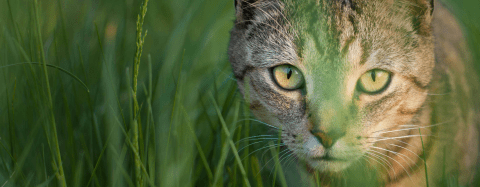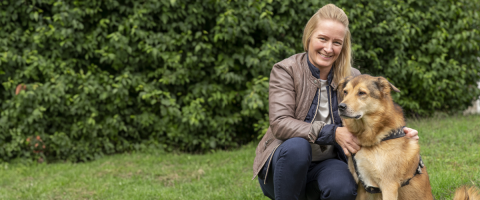Developing A Test for Early Detection of Splenic Hemangiosarcoma
Researchers will study changes in microRNAs in the blood of dogs enrolled in the Golden Retriever Lifetime Study and diagnosed with hemangiosarcoma to identify early disease biomarkers.





